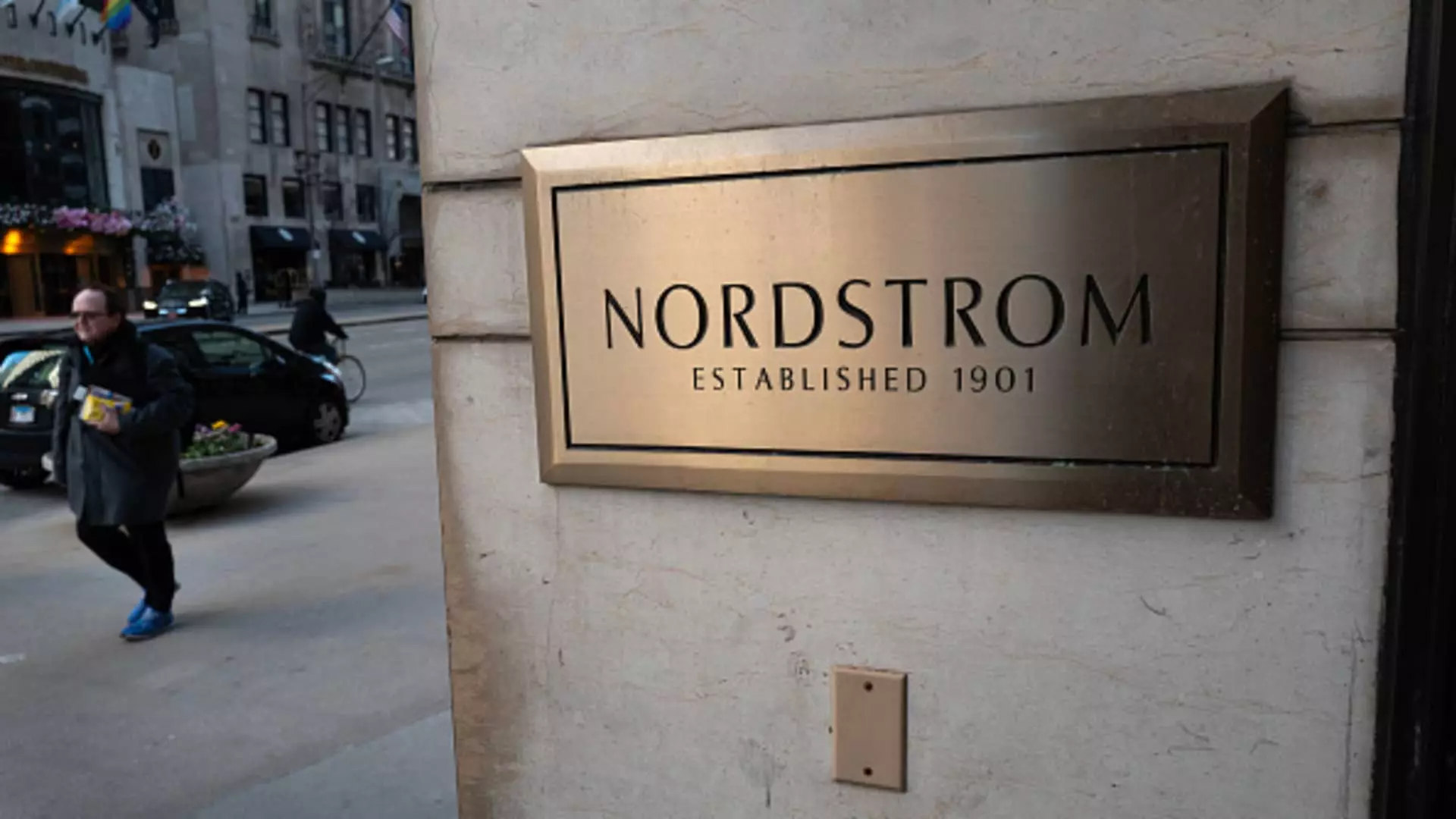On Monday, Nordstrom made headlines with the announcement that it will be transitioning into a privately owned entity. This significant change follows a buyout agreement valued at approximately $6.25 billion, facilitated by Nordstrom’s founding family in collaboration with El Puerto de Liverpool, a prominent Mexican department store chain. This unanimous decision by the board of directors signifies not just a financial shift but a strategic reorientation for the retailer, which has been an American staple since its inception over a century ago. The transaction is slated for completion in the first half of 2025.
Under this new arrangement, the Nordstrom family will hold a controlling interest in the company with 50.1% of shares, while El Puerto de Liverpool will hold a minority share at 49.9%. Common shareholders will be compensated at a rate of $24.25 per share, a move welcomed by many investors amidst fluctuating stock prices.
Leadership Insights and Future Prospects
Erik Nordstrom, the company’s CEO, expressed enthusiasm regarding this pivotal moment for the business. He underscored the company’s long-standing commitment to customer satisfaction, stating, “Today marks an exciting new chapter.” This sentiment reflects a broader vision that seeks to adapt to evolving market demands while ensuring the sustainability of the brand. However, despite current optimism, the retailer’s history with privatization attempts raises questions. A similar initiative in 2018 failed to materialize, suggesting intrinsic challenges in the private equity arena.
Interestingly, the acquisition announcement has had a mixed impact on Nordstrom’s stock performance. Earlier in the week, shares experienced a slight decline of about 1%. This volatility highlights the unpredictable nature of retail stocks that have come under pressure in recent months. Although Nordstrom has exceeded Wall Street’s sales expectations for its fiscal third quarter, generating a 4% year-over-year revenue increase, the retailer has simultaneously expressed caution about the holiday shopping season, which is expected to be less robust than hoped.
Moreover, the current consumer landscape is characterized by increased selectivity in purchasing habits. Retail giants such as Walmart, Best Buy, and Target have reported that consumers are prioritizing necessary purchases over luxury items, indicating a significant shift in buying behavior that Nordstrom must navigate carefully.
Founded in 1901 as a humble shoe store, Nordstrom has undergone transformative changes, evolving into a diversified department store chain with over 350 locations, including Nordstrom Rack and Nordstrom Local outlets. This rich history showcases the company’s robust resilience in facing market fluctuations. The partnership with El Puerto de Liverpool, which operates its own successful department store chains in Mexico, may provide new avenues for growth and expansion in the North American market.
Ultimately, as Nordstrom embarks on this new path as a privately held firm, it faces the twin challenges of adapting to shifting consumer preferences while leveraging its storied legacy to create a strong, future-focused identity. The journey ahead promises to be a defining chapter in the company’s continuous evolution within the retail landscape.


Leave a Reply